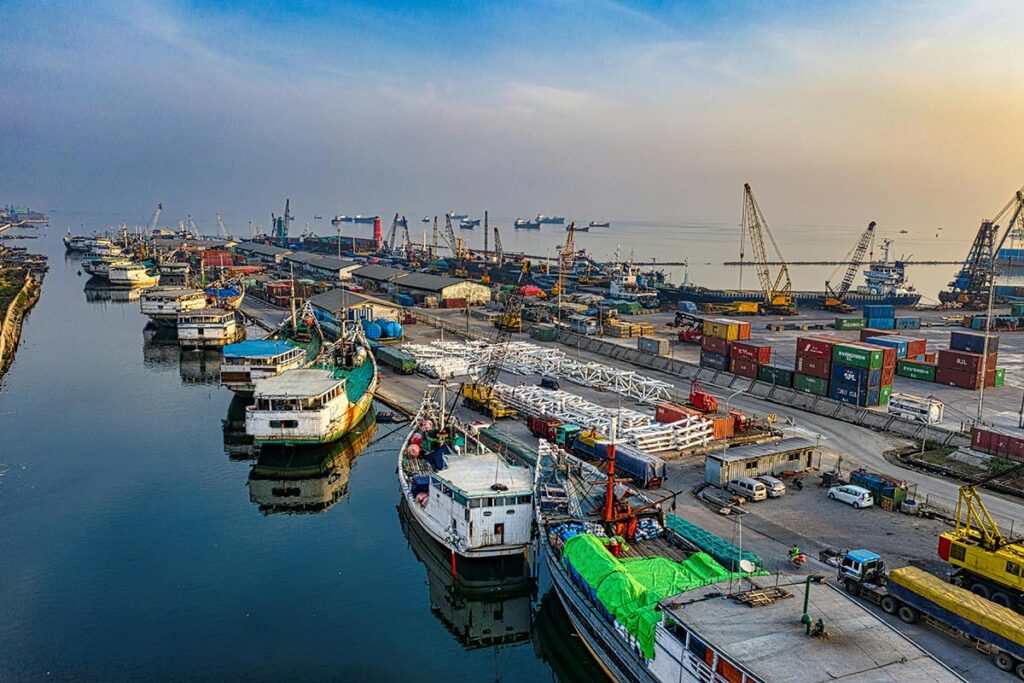Global trade policies have a profound impact on the logistics industry. These policies dictate how goods are moved across borders, influencing everything from tariffs and customs regulations to international trade agreements. With globalization constantly evolving, understanding how trade policies shape logistics operations is essential for businesses to remain competitive.
Trade Tariffs and Customs Regulations
Changes in trade tariffs and customs regulations can significantly affect the logistics industry. Increased tariffs on imported goods raise transportation costs, while customs regulations determine how efficiently goods move across borders. Compliance with new regulations requires logistics providers to adapt quickly to avoid delays and increased expenses in the supply chain.
Free Trade Agreements and Market Access
Free trade agreements (FTAs) can facilitate smoother cross-border transactions by reducing tariffs and easing customs procedures. These agreements enhance market access and reduce logistical burdens, especially for businesses operating in multiple countries. FTAs often encourage companies to expand their operations into new markets with fewer restrictions and greater cost efficiency.
Trade Wars and Supply Chain Disruptions
Trade wars, such as those between the U.S. and China, can lead to significant disruptions in global supply chains. Increased tariffs and trade barriers force companies to find alternative suppliers or reroute shipments. These disruptions result in higher shipping costs, longer transit times, and a need for companies to reassess their logistics strategies.
Environmental and Sustainability Policies

Environmental regulations are increasingly influencing logistics operations. Policies focusing on reducing carbon emissions, such as stricter fuel standards, can impact transportation methods and costs. Logistics companies are increasingly adopting sustainable practices, including electric vehicles and eco-friendly packaging, to comply with these policies and meet growing consumer demand for sustainability.
Technological Advancements and Policy Integration
Global trade policies often encourage the integration of new technologies in logistics. Governments worldwide are supporting the adoption of digital technologies, such as blockchain and AI, to streamline customs procedures and improve supply chain transparency. As trade policies evolve, they push logistics companies to adopt innovations that enhance efficiency and security.
Geopolitical Risks and Regional Policies
Geopolitical instability and regional trade policies can influence global logistics networks. Political events, such as Brexit, or changes in regional trade agreements can affect how goods are transported across borders. Logistics companies must stay informed about changing regional policies to ensure smooth operations and avoid costly disruptions to their supply chains.
Conclusion
The logistics industry must continuously adapt to the changing landscape of global trade policies. Tariffs, trade wars, environmental regulations, and technological innovations all play a role in shaping logistics strategies. Staying informed and agile allows logistics providers to manage risks, reduce costs, and remain competitive in an increasingly complex global market.

Leave a Reply